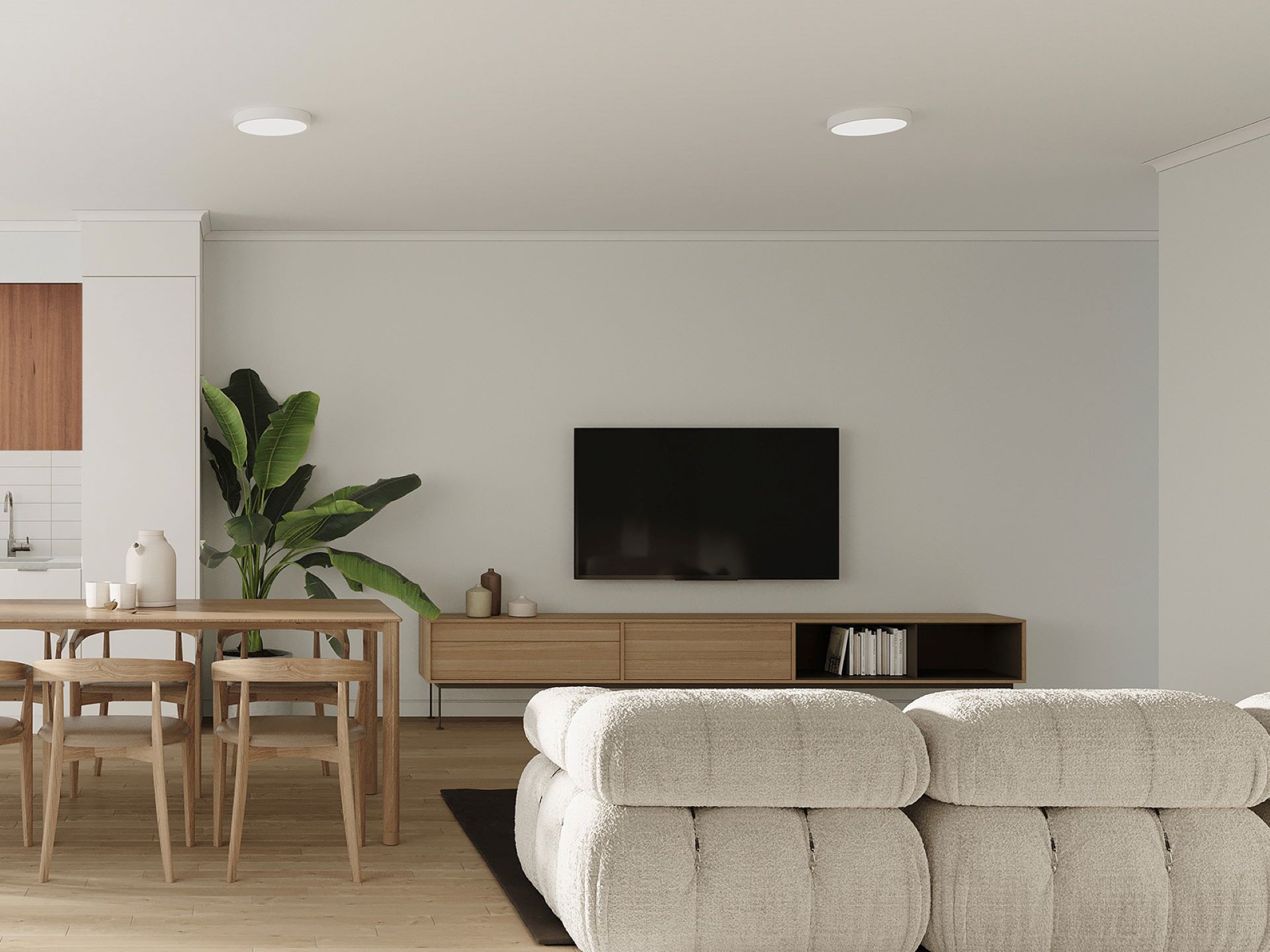South Australians face considerable housing challenges, and many people are finding it hard to find stable, appropriate, and affordable housing. Across the country housing affordability has decreased, and housing stress has increased.
HomeSeeker SA works to reduce that housing stress by creating new, affordable housing solutions for South Australians.
What is the ‘cost of living’ crisis?
The cost of living refers to the prices you need to pay for goods and services to meet the needs of your everyday life. The Australian Bureau of Statistics (ABS) measures the cost of living through the Consumer Price Index, which looks at a typical basket of goods and services that reflect the daily and weekly spending of a typical Australian household. If prices go up, that’s called inflation.
The cost of living becomes a problem when your wages don’t keep pace with price rises. Usually, wages grow faster than prices, but in recent times – due to some complex reasons - the growth of wages has slowed down.
Financial help is available
If you are struggling with the cost of living, help is available – especially if you’re in a low-income household. You can visit the following websites to find out about the government payments and services that you may be eligible for:
Saving to buy a home
One of the most challenging aspects of buying a house is making sure you have enough money to cover the deposit and your ongoing loan repayments, especially when there are factors impacting how much money you have and how much you can save.
Here are some tips to help you manage your finances so you can save to buy a home – maybe even buy your first home.
Set a budget
Work out your aims of your budget – is it to save for a deposit, or to stay on top of your bills? Asking these questions can help you work out your total budget and savings goals. Also, take note of your spending over a few weeks to get a clear picture of your regular expenses and the spending habits that you should include in your budget. There are some useful phone apps that can help you to keep tabs on your spending. Some of your fixed/regular expenses are likely to include rent or home loan payments, bills (electricity, gas, phone), council rates, food and groceries, medical and prescriptions, insurances, car expenses and public transport, credit card payments, school and education expenses, and pets. Regularly review your budget – you may find that you need to adjust if the cost of living is impacting your ability to cover all your expenses, or if you have unexpected expenses (e.g., car repairs).
Manage your credit cards
Credit cards, especially those with high interest rates, can impact your ability to budget for buying a home. It might be useful to set up a direct debit payment to avoid missing credit card payments (and paying more interest!). Try to pay your monthly credit card balance in full, avoid having a credit card limit that’s more than twice your monthly salary, don’t take cash advances from your card, and don’t spend more than you can afford.
Open a savings account
Savings accounts often provide higher interest rates and greater access restrictions than transaction accounts. Set up automatic, scheduled transfers into your savings account, perhaps on the day every week/fortnight/month that you receive your salary.
Limit your ‘impulse spending’
With credit cards, ATMs on every corner, and regular store sales, it’s so easy these days to ‘impulse buy’ – especially for items that might be nice to have but are not essential. There are some useful ideas to avoid impulse buying, such as:
-
use cash instead of ‘tapping’ your credit card – you can keep much better track of your spending
-
unsubscribe from retail emails and websites to avoid temptation
-
be cautious about ‘shop now and pay later’ options, and maybe even calculate how many days of work you would need to do to pay for an item
-
if you see something you really want (but don’t need), wait 24 hours before you buy it – the urge might pass.
Shop around
You can save real money (which can put in your new savings account to go towards your home deposit) by shopping around – or renegotiating - for better deals for things like electricity, gas, phone, insurances, and even entertainment such as streaming services (e.g., Netflix, Stan, Kayo). For example, you could save 10% or more by shopping around for your home, contents, and car insurance – even bundle them under one provider. Many organisations will match or better a legitimate quote from another provider.
Other tips
Other ideas to help you save money for a home deposit include ‘smoothing’ your bills – maybe pay your energy bills monthly instead of three-monthly, or you can set aside specific amounts of money in your bank accounts to cover big bills every three months. And planning your weekly meals can also help you to save money which you can put towards your home deposit. Plan your weekly meals and prepare a shopping list – maybe do a weekly shop at the supermarket instead of popping into the often more expensive convenience stores during the week.
 Saving to buy a home during the current challenges
" />
Saving to buy a home during the current challenges
" />